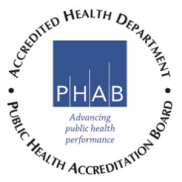Overview
Newborn screening for inborn conditions has been mandatory in Arkansas since Act 192 of 1967 stipulated the screening of all newborns for phenylketonuria. Since that time, the number of conditions screened for has grown substantially. The program oversees follow-up on 30+ genetic disorders screened using the blood spot card in addition to two points of care tests, hearing screen, and critical congenital heart disease, for a total of 34 core disorders. The conditions now screened for are recommended by the American College of Medical Genetics and endorsed by the March of Dimes and the American Academy of Pediatrics.
The revisions to the Rules Pertaining to Testing of Newborn Infants was adopted on July 25, 2023, with an effective date of February 1, 2024.
Downloads and Information
- Triple Threat Flyer – English
- Triple Threat Flyer – Spanish
- Newborn Screening Video (link to YouTube video)
- Arkansas Children’s Hospital: Critical Congenital Heart Disease Screening – English
- Arkansas Children’s Hospital: Critical Congenital Heart Disease Screening – Spanish
- Critical Congenital Heart Disease (CCHD) Screening Act 768, 2013
- Baby’s First Test Website
- Conditions Tested for in Arkansas
- Proposal for Expanded Newborn Screening in Arkansas
- Parent Fact Sheets
- Parents Frequently Asked Questions
- Family Support
- X-ALD interpretation Sheet
Newborn Screening Sampling:
Blood specimens should be collected before newborns go home from the hospital. If the baby is not born in the hospital, a blood sample should be obtained by the baby’s doctor or the local health unit by the third day of life.
Downloads
- Specimen Collection Check-list for Nurseries
Newborn Screening Recommended Follow Up:
If an abnormal result is obtained, the Newborn Screening Nurses (NBSN) will contact the baby’s doctor. The lab results will be faxed to the office of the doctor of record by the NBSN. Information on needed follow-up testing will also be provided in that fax by the Newborn Screening Medical Director in consultation with UAMS specialists.
Genetic Health
If you are interested having a speaker come to talk with your agency about inherited conditions of babies, children, and adults, please contact us at 1-866-769-9043.


